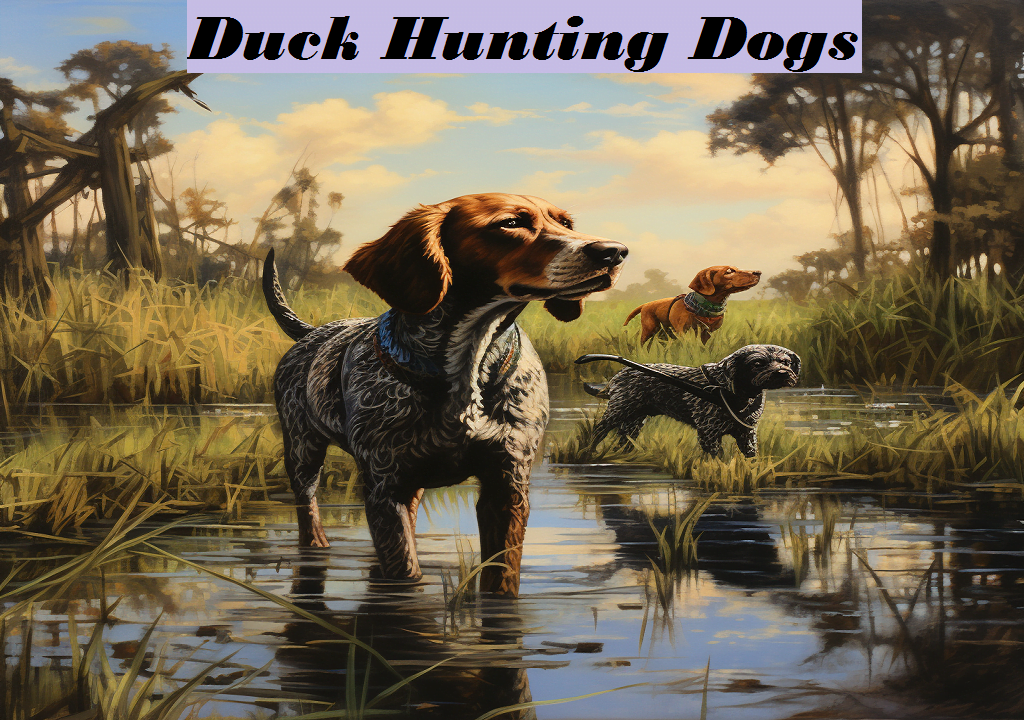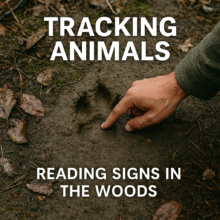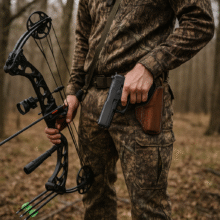Duck Hunting Dogs: Man’s Wetland Companion

Duck hunting, a blend of skill and tradition, is enriched by the spirited participation of our loyal companions: duck hunting dogs. Their role in this sport is pivotal, adding a dimension of teamwork that’s truly unparalleled.
Table of Contents
Table of contents
The Storied History of Duck Hunting with Dogs
1. The Dawn of the Partnership
Even in ancient civilizations, man understood the value of canines in hunting. With their acute sense of smell and natural retrieval instincts, dogs became invaluable partners in waterfowl hunts.
2. Rise of Specialized Breeds
Selective breeding led to the birth of specific breeds known for their affinity with water and keen retrieving skills. The likes of Labrador Retrievers, Chesapeake Bay Retrievers, and Golden Retrievers are classic examples.
3. Modern Era and Breed Diversity
The modern age brought a wider understanding of breeds, leading to the utilization of a broader range of dogs in hunting. Today, it’s not uncommon to see breeds like the German Wirehaired Pointer or the Nova Scotia Duck Tolling Retriever making waves in the marshes.
Choosing the Right Breed: An In-Depth Look
4. Labrador Retrievers: Beyond Popularity
Labrador Retrievers, with their amicable nature, robust build, and love for water, are often deemed perfect for duck hunting. They have a thick double coat that protects them from cold water, and their webbed feet make them excellent swimmers.
5. Exploring Other Champions
Other breeds, such as the Chesapeake Bay Retriever, are known for their tenacity and strength. They have a dense coat that shields them from icy conditions, making them resilient hunting partners.
6. Temperament & Training: The Two Ts of Excellence
Regardless of the breed, a dog’s temperament is fundamental. A docile, eager-to-please nature, combined with the right training, can turn any promising pup into a duck hunting prodigy.
Training Techniques: From Novice to Expert
7. Puppy Foundations: Setting the Stage
Basic obedience is the cornerstone. Commands like ‘sit’, ‘stay’, and ‘come’ form the foundation upon which advanced skills are built.
8. Introducing Water and Retrievals
After mastering basic commands, introducing the puppy to water in a controlled environment can pave the way for future waterfowl retrievals.
9. Advanced Retrieval Techniques
Here, the focus shifts to skills like marking (watching a bird fall and remembering its location) and handling (taking directional cues from the hunter).
It’s essential for dogs to navigate different terrains, from dense marshes to open waters. Training sessions should mimic these environments to prepare the dog.
Optimal Care for Your Hunting Partner
11. Nutrition: Fueling the Hunt
High-energy, nutrient-rich diets are paramount. A mix of protein, fats, and essential vitamins ensures the dog remains agile and healthy.
12. Regular Health Check-ups
Regular vet visits can preempt potential health issues, ensuring that the dog is always in top hunting shape.
13. Mental Well-being: Beyond Physical Health
Just like humans, dogs need mental stimulation. Toys, games, and regular interaction can keep them sharp and engaged.
14. Rest and Recovery
After a long day in the marshes, ensuring your dog has a warm, dry place to rest is essential. Recovery is as crucial as the hunt itself.
Deepening the Bond: Hunter and Dog
15. Trust: A Two-Way Street
Building trust is crucial. Whether it’s through regular training sessions or simply spending time together, a deep bond enhances the hunting experience.
16. Celebrating Successes
Recognizing and rewarding your dog’s achievements, no matter how small, fosters a positive environment and encourages them to perform better.
Conclusion
Duck hunting dogs are not just assets; they are partners, guardians, and often, our most trusted confidants in the field. Their dedication to the hunt and their undying loyalty to their human counterparts is nothing short of awe-inspiring.
FAQs
1. Can older dogs be trained for duck hunting?
Yes, while younger dogs often learn faster, older dogs with the right temperament can be trained effectively.
2. How can I ensure my dog is safe during hunts?
Equip them with protective gear like vests, ensure they’re well-rested, and always monitor them for signs of fatigue or discomfort.
3. How do I maintain my dog’s hunting skills during off-season?
Engage in regular training exercises, play fetch, and simulate hunting scenarios to keep their skills sharp.
4. Are there any specific toys that can aid in training?
Yes, retrieval dummies that float on water are great tools for training.
5. How do I handle aggressive or overly dominant behavior during training?
It’s essential to establish yourself as the pack leader. Consistent training, using positive reinforcement, and seeking professional help if needed, can address such behaviors.
Duck hunting with dogs is a tradition, an experience, and a partnership that goes beyond mere sport. It’s about teamwork, understanding, and a shared love for the thrill of the hunt.







